
Dirt hauling services are professional solutions that help remove, transport, and dispose of excess soil, gravel, and debris from construction and landscaping projects. Contractors frequently encounter large amounts of dirt when excavating foundations, grading land, or preparing sites for development. Without proper removal, dirt piles can delay progress, create safety hazards, and increase project timelines. Professional hauling companies utilize various equipment, including dump trucks, loaders, and conveyor belts, to efficiently move dirt and dispose of it in approved locations. Many companies also offer eco-friendly disposal methods, such as repurposing soil for other projects or recycling materials for future use. By utilizing professional hauling services, contractors can ensure that dirt is managed responsibly, reducing environmental impact and complying with local waste disposal regulations. Reliable removal services not only improve job site efficiency but also contribute to cleaner, safer, and more sustainable work environments.
How Dirt Hauling Services Work: General Process and Workflow
The workflow of dirt hauling services typically begins with an initial inquiry or contact from the contractor, either through a phone call, online form, or digital platform. During this stage, the contractor provides key project details, including the type and quantity of dirt to be hauled, site location, access conditions, and any specific requirements or deadlines. The dirt hauling company then assesses this information to offer a tailored service proposal or quote, often including a site visit if the project is complex. Once the scope, pricing, and scheduling are agreed upon, the company coordinates logistics, dispatching the appropriate equipment and vehicles to the job site. On the scheduled day, the crew arrives to load the dirt safely and efficiently, adhering to site safety standards and minimizing disruption to ongoing work. The material is then transported to approved disposal, recycling, or repurposing facilities, ensuring compliance with all local regulations. Throughout the process, clear communication is maintained between the contractor and the hauling provider to address any changes or unforeseen challenges. Upon completion, the provider typically confirms that the site is left clean and hazard-free, and final documentation or invoices are delivered, marking the successful conclusion of the dirt hauling project.
Key Benefits of Hiring Dirt Hauling Companies
Saving Time And Labor Costs With Professional Services
Managing excess soil on a job site can be time-consuming, especially when handling it manually or with limited resources. As said before, contractors who attempt to remove dirt without professional assistance may find that the process slows down overall project progress. Hiring a dirt hauling company ensures that removal is completed quickly using specialized equipment designed for bulk transportation. This not only reduces the time spent on clearing the site but also minimizes labor costs by eliminating the need for workers to dedicate hours to manual hauling. Professional services streamline operations by handling the logistics, allowing contractors to allocate resources more efficiently. With experts managing dirt removal, crews can stay focused on essential construction and landscaping tasks, keeping the project on schedule and preventing unnecessary delays that could impact deadlines.
Ensuring Compliance With Local Waste Disposal Regulations
Proper disposal of excavated soil requires adherence to local laws, as unregulated dumping can lead to legal issues and environmental concerns. Dirt hauling companies are familiar with industry regulations and ensure that materials are transported to approved disposal sites. Contractors who attempt to remove soil without professional guidance may unknowingly violate environmental laws, resulting in fines or project shutdowns. Working with a reputable hauling service guarantees that excess dirt is managed in accordance with municipal guidelines, preventing legal complications. These companies also handle necessary permits and documentation, making compliance easier for contractors. By entrusting experts with disposal, project managers can avoid regulatory risks while maintaining ethical environmental practices. Ensuring that all materials are disposed of properly also contributes to sustainability efforts by reducing landfill waste and promoting responsible site management.

Enhancing Job Site Safety And Cleanliness
Piles of excavated dirt can create hazards on construction and landscaping sites, increasing the risk of accidents and injuries. Loose soil may cause unstable footing, while excess debris can obstruct pathways and work areas. Removing dirt promptly ensures that workspaces remain clear, reducing the likelihood of slips, trips, or equipment malfunctions. Professional hauling services are equipped to manage large volumes of soil safely, preventing hazards that could jeopardize worker safety. Maintaining a clean site also improves overall efficiency, as crews can move freely without obstructions slowing their progress. Additionally, a well-maintained environment reflects positively on contractors, demonstrating professionalism and adherence to safety standards. Keeping job sites free from unnecessary debris contributes to smoother operations while minimizing the potential for workplace incidents.
Streamlining Workflows With Bulk Dirt Hauling Services
Large-scale projects often generate significant amounts of soil that must be removed quickly to maintain workflow efficiency. Coordinating bulk dirt hauling services ensures that excess material is transported in a timely manner, preventing bottlenecks that could disrupt project timelines. Professional hauling companies have the capacity to manage high-volume loads, reducing the need for multiple small-scale removals. This approach optimizes project logistics by consolidating transportation efforts and minimizing unnecessary downtime. Contractors who partner with experienced hauling services benefit from well-coordinated scheduling that aligns with their project’s demands. Efficient dirt removal enhances productivity, as teams can proceed with site preparation, foundation work, or landscaping installations without delays caused by soil accumulation. Managing dirt effectively is a crucial component of maintaining project momentum and meeting deadlines without unnecessary delays.
Obtaining Accurate Quotes and Understanding Pricing Factors
Contractors seeking quotes or estimates for dirt hauling projects should begin by providing detailed information about the scope of work, including the type and volume of dirt, site location, access conditions, and any special handling requirements. Most hauling companies offer free estimates, often through online forms or direct consultations. Pricing is typically influenced by factors such as the distance to disposal sites, load size, type of material, and local disposal fees. Additional considerations may include scheduling demands, permit needs, and environmental regulations. Clear communication of project details ensures contractors receive accurate, transparent quotes tailored to their specific needs.
Service Areas and Regional Availability
Geographic coverage is a key consideration when selecting a dirt hauling provider, as availability and service options can vary significantly by state, city, or region. Many dirt hauling companies operate within a defined local or regional area, focusing on specific cities, counties, or metropolitan zones where they have established logistics networks and disposal site partnerships. For example, some providers may serve only a single city and its immediate suburbs, while others offer broader coverage across multiple counties or even the entire state. In regions with high construction activity, such as major metropolitan areas, contractors often benefit from a wider selection of hauling companies, each offering various service levels, equipment types, and scheduling flexibility. Conversely, in rural or less-populated regions, options may be more limited, and contractors may need to coordinate with providers willing to travel longer distances or accommodate unique terrain challenges. Additionally, regulations governing dirt disposal and transportation can differ between states and municipalities, affecting how services are delivered and what permits or documentation are required. Some companies specialize in navigating these local requirements, ensuring compliance and efficient operations.
Choosing the Right Dirt Hauling Services
Factors To Consider: Reputation, Customer Reviews, And Certifications
Contractors must carefully assess various factors before hiring a provider to avoid unnecessary delays, unexpected costs, or potential legal issues. Evaluating these key considerations will help contractors select a service that aligns with their project’s needs and budget.
- Reputation in the Industry – A company’s reputation is a strong indicator of its reliability and professionalism. Contractors should research the provider’s history, experience, and standing within the industry to determine whether it has a track record of delivering quality service. A well-established hauling company is more likely to offer efficient and timely solutions for dirt removal.
- Customer Reviews and Feedback – Examining customer testimonials and online reviews helps contractors gain insights into the experiences of previous clients. Positive feedback about punctuality, transparency, and professionalism suggests that a company is dependable. Checking multiple sources, such as business directories, industry forums, and social media, provides a well-rounded view of a company’s performance.
- Certifications and Licensing – Working with a licensed and certified hauling company ensures compliance with local waste disposal regulations. Certifications demonstrate a commitment to ethical and environmentally responsible practices. Licensed providers also carry proper insurance coverage, protecting contractors from liability risks associated with improper disposal or accidents during hauling.
- Adherence to Environmental Regulations – Responsible hauling dirt companies prioritize eco-friendly disposal methods and recycling whenever possible. Contractors should verify whether a company follows industry best practices for soil management and adheres to municipal regulations. Ensuring that a provider disposes of waste properly helps avoid fines and legal complications.
- Consistency in Service Quality – A reputable hauling company maintains high service standards across multiple projects. Consistent service quality is reflected in factors such as punctual pickups, responsive communication, and reliable equipment. Companies with strong customer retention rates often indicate a dependable level of professionalism and efficiency.
By thoroughly evaluating these factors, contractors can make informed decisions and select a dirt hauling service that meets both operational and regulatory requirements. A well-chosen provider not only simplifies waste management but also enhances overall project efficiency, ensuring that dirt removal is handled professionally and without disruption.
Evaluating Equipment Capabilities For Various Project Sizes
Dirt removal needs vary significantly depending on the scale of a construction or landscaping project, making it essential to assess a company’s equipment and hauling capacity. Small projects may only require light-duty trucks, while larger excavation sites demand heavy-duty vehicles capable of handling bulk loads efficiently. Professional dirt hauling companies invest in specialized machinery, such as dump trucks, loaders, and excavators, to accommodate different project sizes. Understanding the hauling company’s fleet and operational capabilities ensures that the removal process is executed without delays. Additionally, advanced hauling technology, such as automated loading systems, can improve efficiency and reduce labor costs. A well-equipped hauling company helps maintain smooth project workflows by ensuring dirt is cleared in alignment with construction schedules.
Comparing Pricing Transparency And Service Inclusions
Cost considerations play a crucial role when hiring a dirt hauling service, making it necessary to assess pricing structures and service inclusions. Some companies offer flat rates based on load size, while others calculate costs based on distance, weight, or disposal fees. Transparent pricing eliminates unexpected expenses, allowing contractors to plan budgets more accurately. Beyond pricing, understanding what services are included ensures there are no hidden costs associated with labor, transportation, or disposal permits. A reputable hauling company provides clear cost breakdowns, detailing expenses for pickup, fuel surcharges, and environmental fees. Some companies also offer value-added services, such as site cleanup and material recycling, which can contribute to cost efficiency. Comparing service packages helps contractors determine which provider offers the best balance of affordability and reliability, ensuring that dirt removal aligns with both budgetary constraints and project demands.

Questions To Ask When Hiring Dirt Hauling Companies
Before finalizing a contract with a dirt hauling service, contractors must ask critical questions to ensure that the company meets project requirements. Inquiring about disposal methods helps verify whether the provider follows local regulations and ethical environmental practices. Understanding a company’s scheduling flexibility ensures that hauling services align with project timelines, preventing unnecessary delays. Contractors should also clarify response times in case of urgent hauling needs, as some providers offer expedited services for fast-paced construction sites. Additionally, confirming whether a company holds proper licensing and insurance protects against liability risks. Asking about experience with similar projects provides insight into a company’s ability to handle specific job site challenges, such as restricted access or specialized soil removal. A well-informed hiring decision guarantees that dirt removal services contribute to smooth project execution, regulatory compliance, and overall site efficiency.
The Advantages of Local Dirt Hauling Services
Reducing Transportation Costs With Nearby Companies
Hiring a dirt hauling service within the same region as a construction or landscaping project can significantly lower transportation expenses. When companies operate close to a job site, fuel costs are minimized, and shorter travel distances reduce overall service charges. Contractors working on large-scale developments or projects requiring frequent hauling benefit from these cost savings, as shorter trips mean lower per-load fees. Additionally, choosing a local provider eliminates unnecessary delays caused by long-distance transport, ensuring that soil removal remains efficient and uninterrupted. By reducing fuel consumption and travel time, nearby hauling services not only help contractors stay within budget but also contribute to more environmentally friendly waste management practices. Lower transportation costs make local services a strategic choice for contractors aiming to maximize both efficiency and cost-effectiveness in their dirt removal needs.
Leveraging Local Knowledge Of Regulations And Terrain
Understanding the specific regulations governing dirt disposal is crucial for maintaining compliance with municipal and state laws. Local hauling services have in-depth knowledge of these requirements, ensuring that soil is removed and disposed of properly. Contractors who partner with regional providers benefit from their familiarity with legal guidelines, reducing the risk of fines or project interruptions due to improper handling. Additionally, local hauling companies understand the terrain and environmental factors that may impact dirt removal logistics. Whether dealing with rocky landscapes, soft soil, or compact urban spaces, experienced providers tailor their approach to accommodate site-specific conditions. Their expertise helps contractors avoid complications related to unstable ground, restricted access, or weight limitations on certain roads. By leveraging this localized insight, dirt hauling companies streamline the removal process while ensuring full compliance with all necessary regulations.
Faster Response Times And Flexible Scheduling Options
Unexpected delays can slow down construction projects, making fast and reliable dirt hauling services essential for maintaining productivity. Local companies provide a distinct advantage by offering quicker response times and more flexible scheduling. With shorter travel distances, these providers can accommodate urgent hauling requests, ensuring that excess soil is removed without disrupting workflow. Contractors benefit from having hauling services available on demand, particularly when unforeseen site conditions require immediate dirt removal. Local providers also offer more adaptable scheduling, allowing them to adjust pickup times based on changing project needs. This flexibility ensures that dirt removal aligns with key phases of construction or landscaping, preventing unnecessary downtime. The ability to quickly dispatch hauling trucks to a job site makes local companies an ideal choice for contractors managing time-sensitive projects with evolving requirements.
Supporting The Local Economy Through Local Partnerships
Choosing a local dirt hauling service extends beyond practical benefits—it also strengthens the surrounding economy by keeping business within the community. Contractors who hire regional companies contribute to job creation and economic growth, supporting businesses that reinvest in local infrastructure and workforce development. Many hauling services collaborate with nearby recycling centers, disposal facilities, and construction suppliers, further enhancing community-based economic activity. Beyond financial support, building relationships with local service providers fosters a network of trusted partnerships that can benefit future projects. Contractors who consistently work with the same hauling company may receive priority service, discounted rates, or customized solutions tailored to their specific needs. By prioritizing local partnerships, contractors not only receive reliable dirt hauling services but also play a role in sustaining the economic health of their industry and community.
Technology’s Role in Modern Dirt Hauling Services
Booking And Managing Services Through Apps And Online Platforms
Digital advancements have transformed how contractors coordinate dirt removal, making it easier to schedule and oversee hauling operations. Online platforms now offer seamless booking options that allow users to request services, set pickup times, and modify schedules with minimal effort. Many dirt hauling companies integrate web-based portals or mobile apps that provide instant access to availability, pricing, and confirmation details. This level of convenience eliminates the need for time-consuming phone calls and paperwork, allowing contractors to focus on project execution.
Tracking Deliveries And Pickups In Real Time
Technology now allows contractors to monitor the movement of hauling trucks from the moment they leave the site to their final destination. GPS tracking systems provide real-time updates on vehicle locations, ensuring greater transparency in dirt removal operations. This capability is particularly beneficial for large-scale projects requiring multiple loads, as contractors can verify that pickups and drop-offs occur on schedule. Knowing where hauling trucks are at any given moment helps prevent delays that could slow down other phases of construction. Additionally, tracking features offer better accountability by ensuring that dirt is being transported to authorized disposal or recycling centers. With digital monitoring tools in place, contractors can oversee the entire removal process with confidence, reducing inefficiencies and improving overall job site coordination.
Streamlining Invoicing And Payments For Contractors
Managing dirt hauling expenses has become more straightforward with the introduction of automated invoicing systems. Instead of dealing with paper receipts or manual payment tracking, contractors can now receive digital invoices that outline detailed service breakdowns. Many companies provide online billing portals that allow users to review past transactions, set up automatic payments, and download financial reports for record-keeping. This streamlined approach reduces administrative work, ensuring that payments are processed on time without errors. Additionally, digital invoicing minimizes the risk of disputes by clearly outlining the scope of services, load volumes, and disposal fees. With an efficient billing system in place, contractors can maintain better financial oversight while ensuring that cheap dirt hauling services remain cost-effective. The convenience of electronic payments also eliminates delays associated with traditional invoicing methods, allowing contractors to focus on project deadlines without unnecessary financial disruptions.
Future Trends In Tech-driven Hauling Services
Contractors and hauling companies are leveraging advancements in automation, artificial intelligence, and digital platforms to streamline operations while reducing environmental impact. These innovations are not only improving logistics but also setting new standards for safety, cost management, and regulatory compliance. As technology continues to progress, the industry is expected to become even more efficient and adaptable to modern construction demands.
- Artificial Intelligence and Predictive Analytics – AI-powered systems are enhancing logistics planning by analyzing data to optimize hauling routes and reduce fuel consumption. Predictive analytics help companies anticipate demand fluctuations, allowing for better scheduling and resource allocation. These advancements contribute to cost savings while ensuring more efficient dirt removal.
- Self-Driving Hauling Trucks – Autonomous vehicle technology is being explored as a way to improve transportation safety and efficiency in dirt hauling operations. Self-driving trucks have the potential to reduce human error, lower labor costs, and increase overall productivity. While still in the early stages, this innovation could revolutionize large-scale dirt transportation in the future.
- Sustainable Waste Management Solutions – The push for environmentally responsible practices is driving the development of advanced waste processing systems. Hauling companies are implementing smarter disposal methods that prioritize soil repurposing and recycling. These efforts reduce landfill waste while ensuring compliance with sustainability regulations.
- Expanded Digital Platforms and Automation – Online service portals and mobile apps are making it easier for contractors to book hauling services, track deliveries, and manage invoices. Automated scheduling and communication tools enhance coordination between hauling providers and job sites, eliminating delays and improving overall project efficiency.
Advancements in Fuel Efficiency and Emission Reduction – The industry is shifting toward alternative fuel sources and low-emission vehicles to reduce the environmental impact of hauling operations. Innovations in fuel-efficient trucking technology are helping companies lower operational costs while meeting stricter environmental regulations.

Frequently Asked Questions About Dirt Hauling and Disposal Services
Below, we address some of the most common concerns to help you make informed decisions and ensure your project runs smoothly.
What types of dirt can be hauled away?
Most dirt hauling companies can remove a variety of materials, including fill dirt, topsoil, clay, sand, and mixed soils. Always specify your project’s needs when booking a service.
Do I need a permit for dirt hauling?
Permit requirements depend on local regulations and the size of your project. For larger jobs or those involving excavation, check with your local building authority before proceeding.
How is the cost of dirt hauling determined?
Pricing usually depends on the amount and type of dirt, distance to the disposal site, and any special handling needs. Many companies offer free quotes based on your project details.
Can dirt be recycled or reused?
Yes, many companies offer eco-friendly disposal options, such as repurposing clean fill dirt for other projects or recycling soil to reduce landfill waste.
Are there minimum or maximum load requirements?
Most providers can handle jobs of various sizes, from small residential loads to large commercial projects. Minimum or maximum load requirements will vary by company.
How quickly can dirt be removed from my site?
Removal times depend on company availability and project size. Local hauling services often offer faster response times and more flexible scheduling than distant providers.
What should I look for in a dirt hauling company?
Choose a company with proper licensing, insurance, strong customer reviews, and experience with projects similar to yours. This helps ensure reliability and compliance with regulations.
Is it possible to coordinate dirt delivery as well as removal?
Many dirt hauling companies offer both delivery and removal services. You can often arrange for new dirt to be brought in while excess soil is taken away.
How do I know if my dirt is suitable for free removal?
Clean fill dirt without contaminants or debris is often eligible for free removal. Discuss the condition of your soil with your hauling provider to determine eligibility.
What happens to the dirt after it’s hauled away?
Depending on its quality, hauled dirt may be recycled, reused in other projects, or disposed of at approved facilities following local environmental guidelines.
As technology continues to advance, these services will become more streamlined, environmentally friendly, and cost-effective. The integration of smart logistics, automation, and sustainable practices ensures that contractors can access more efficient hauling solutions without compromising regulatory compliance or project timelines. These innovations are shaping the future of dirt removal, making it a more reliable and adaptable industry.

.svg)





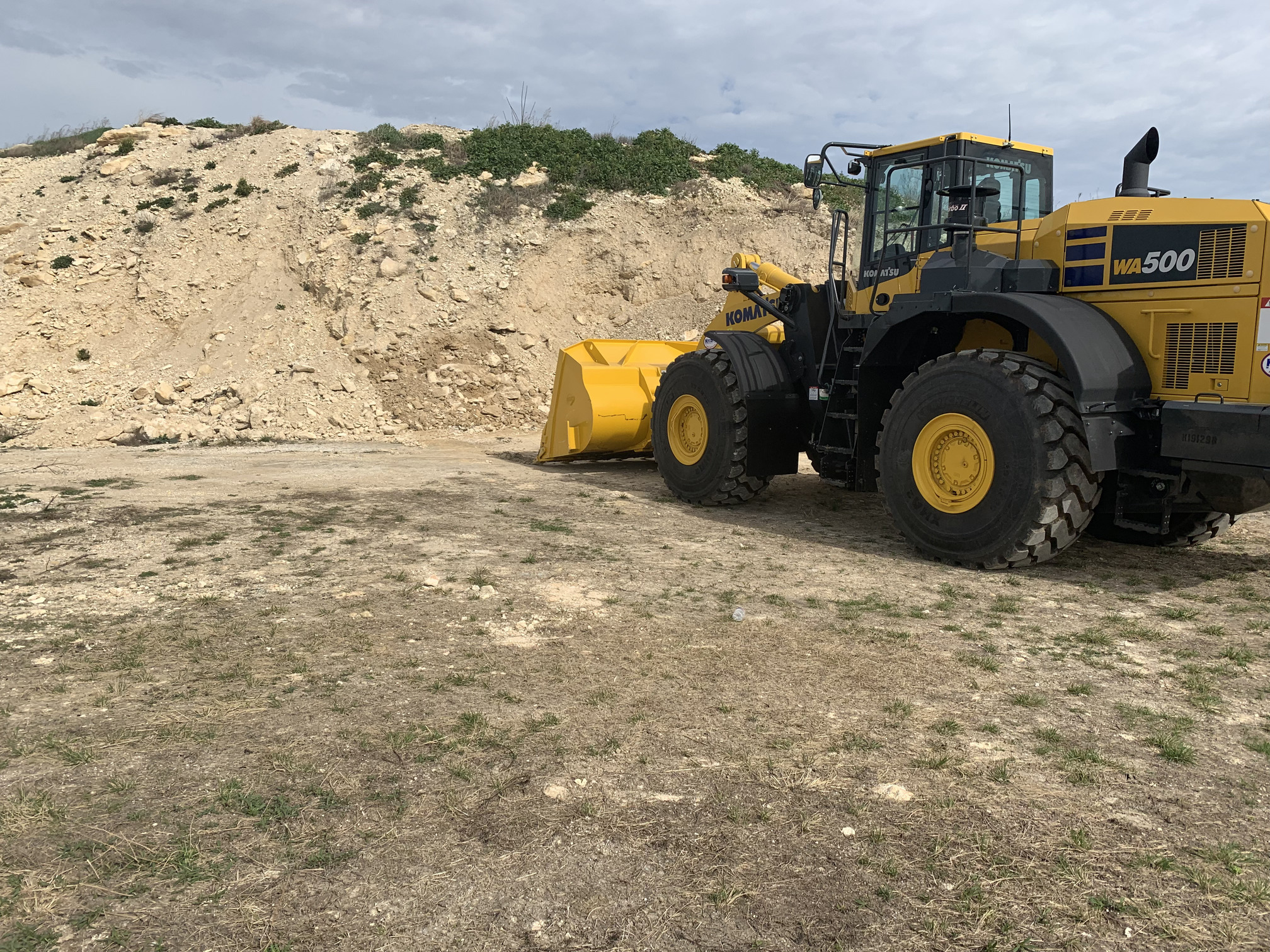

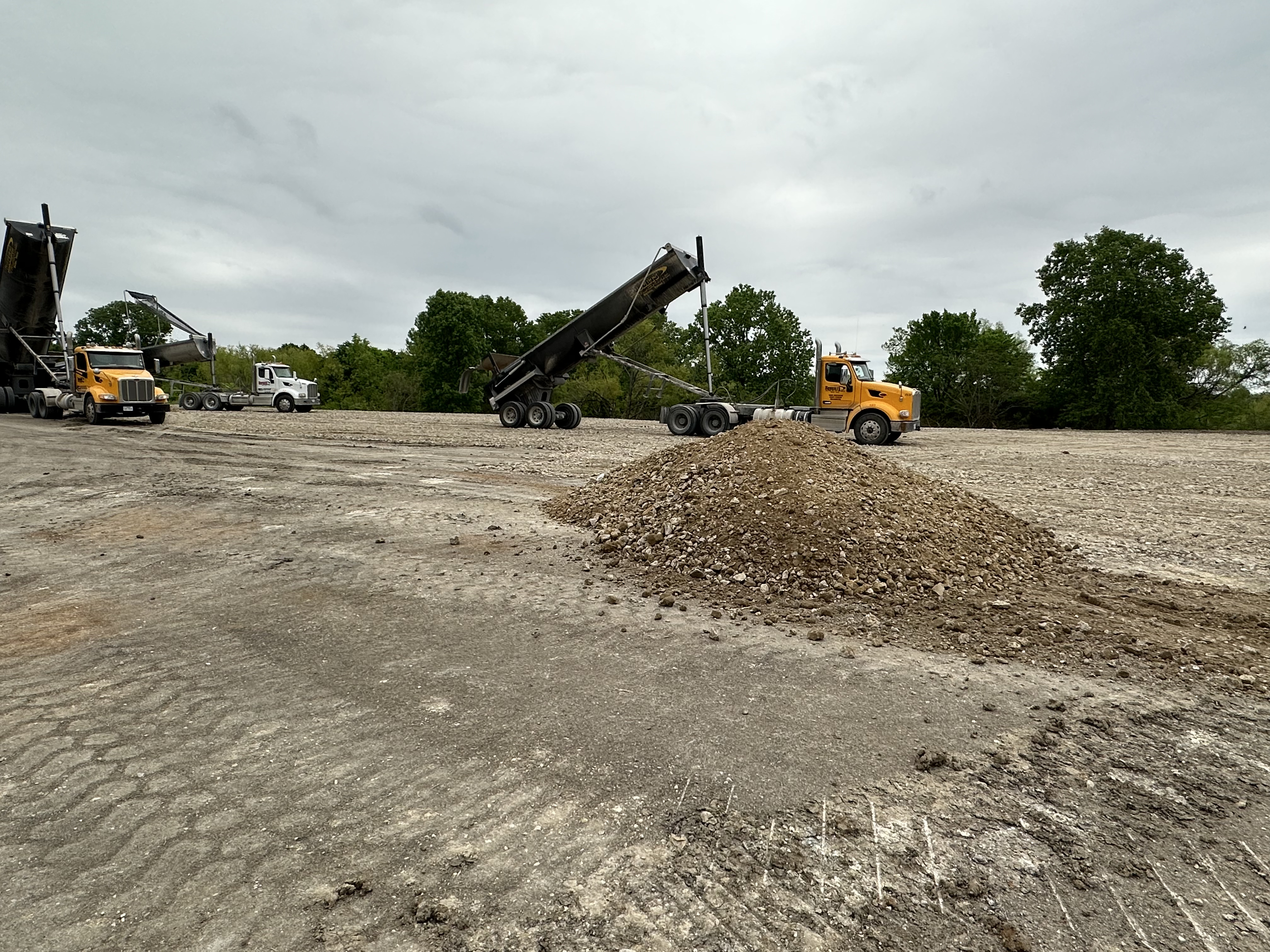

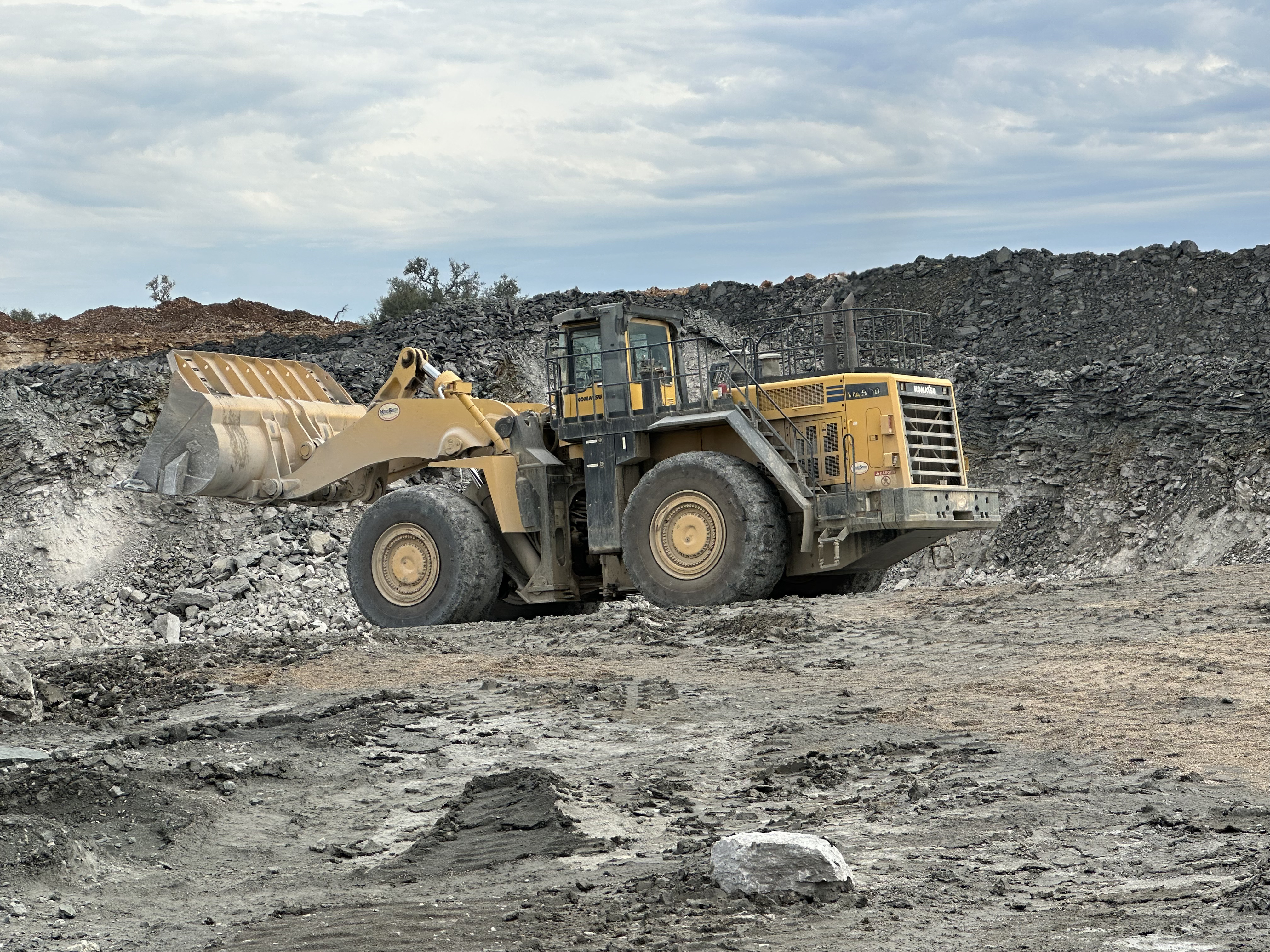
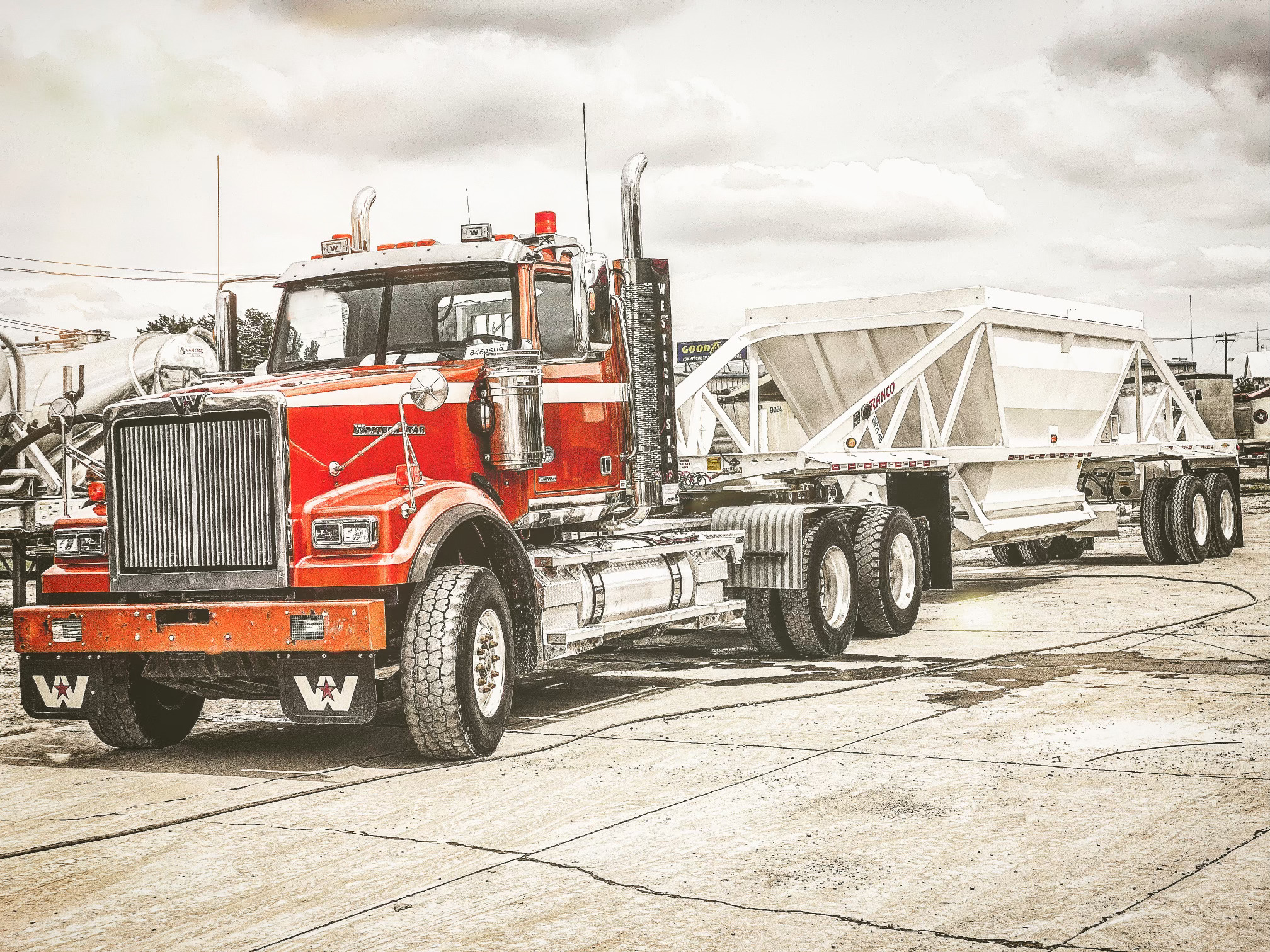


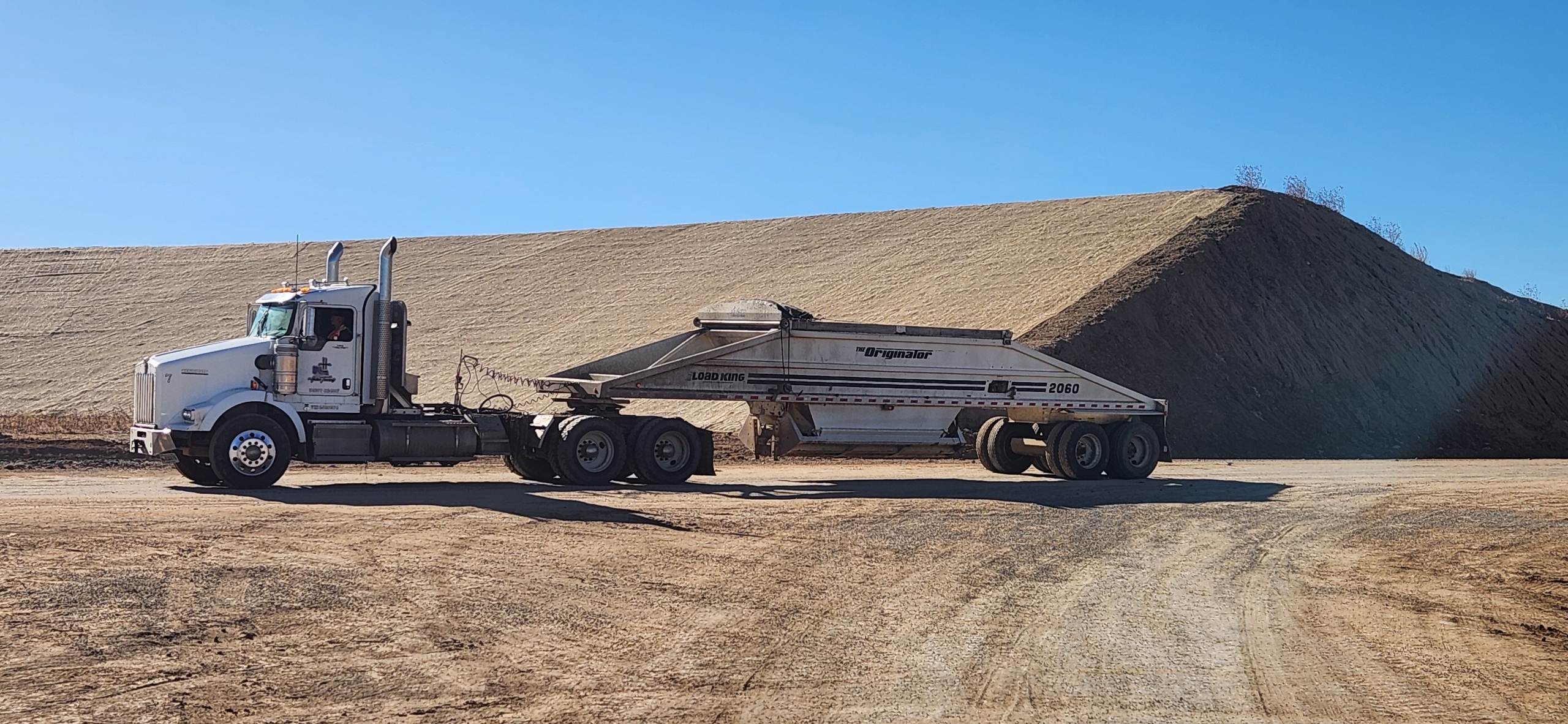
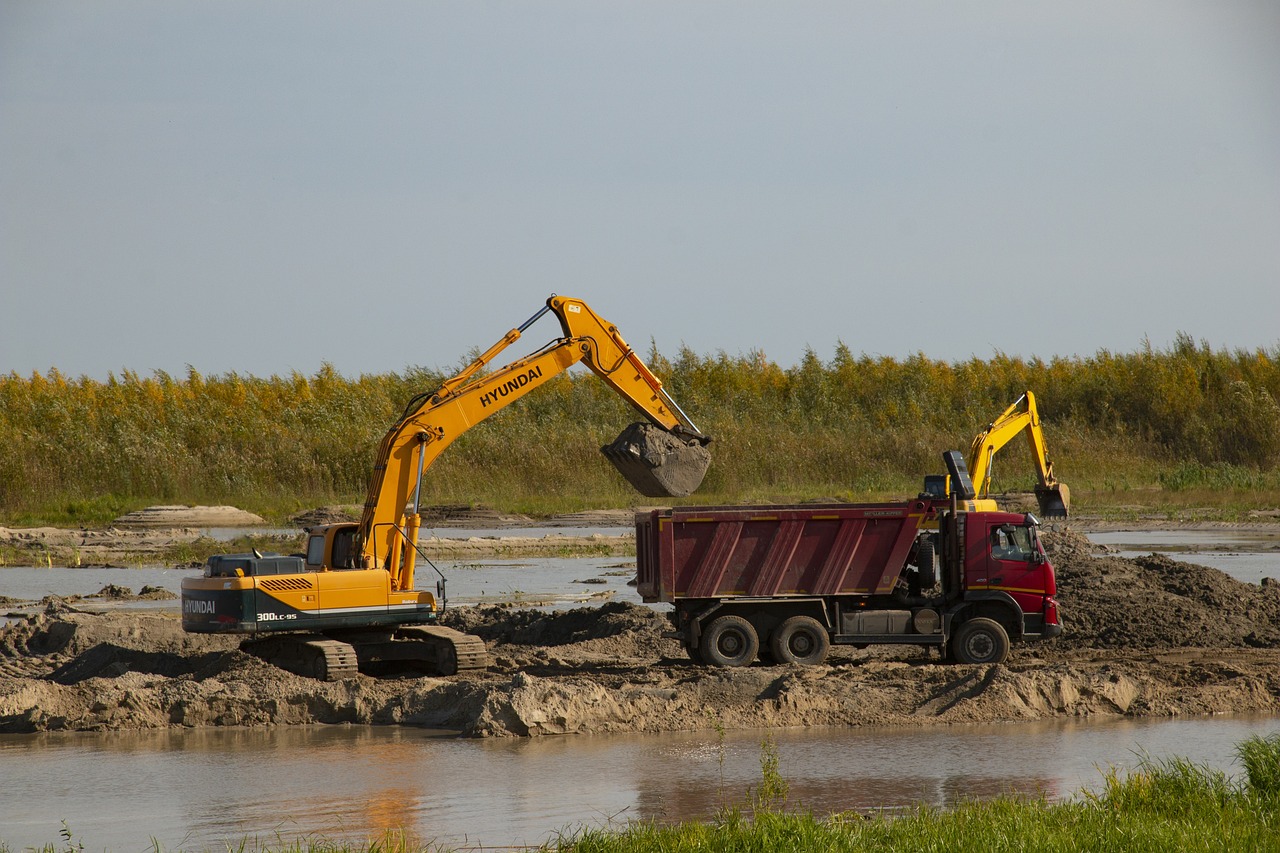

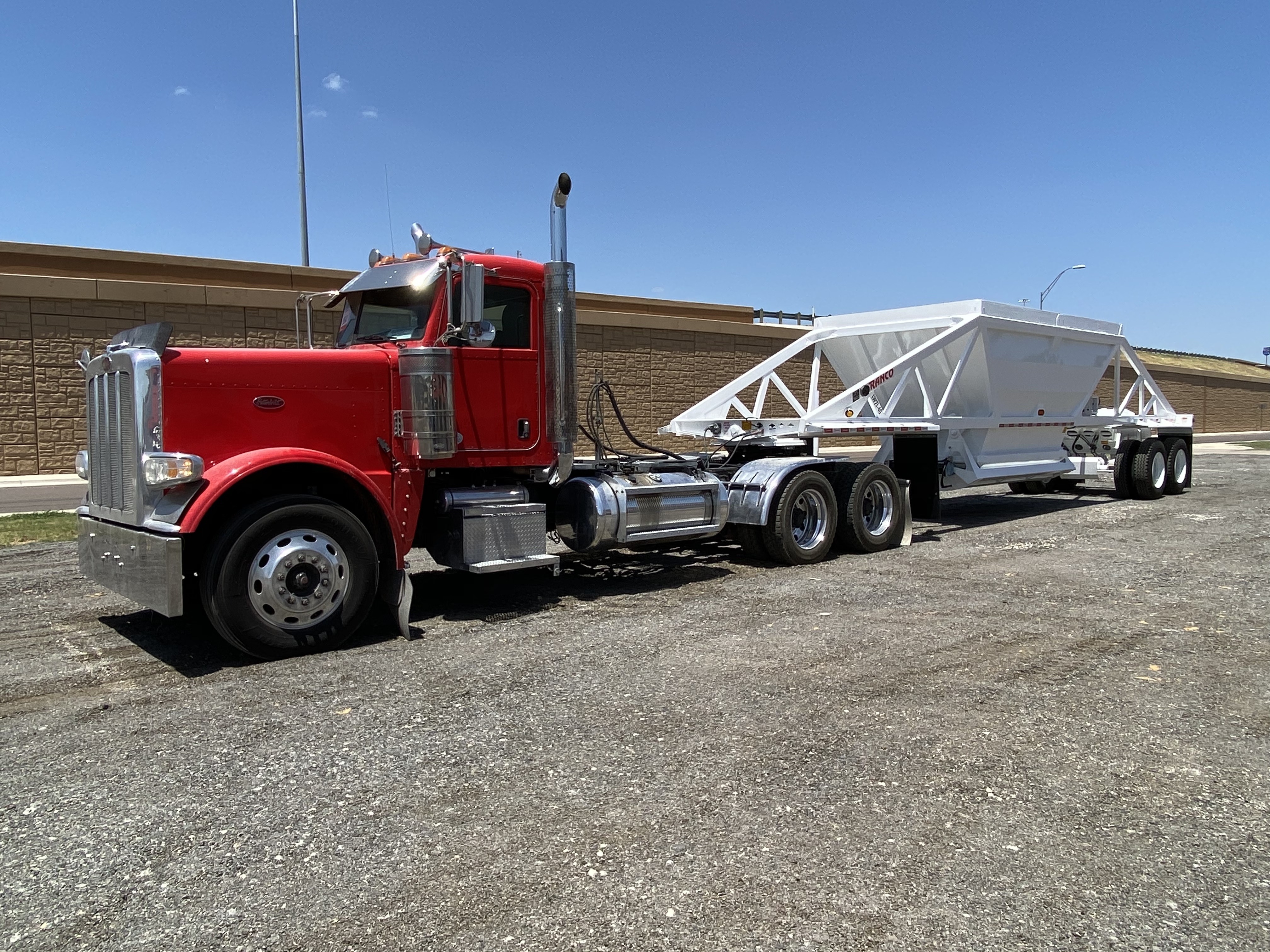
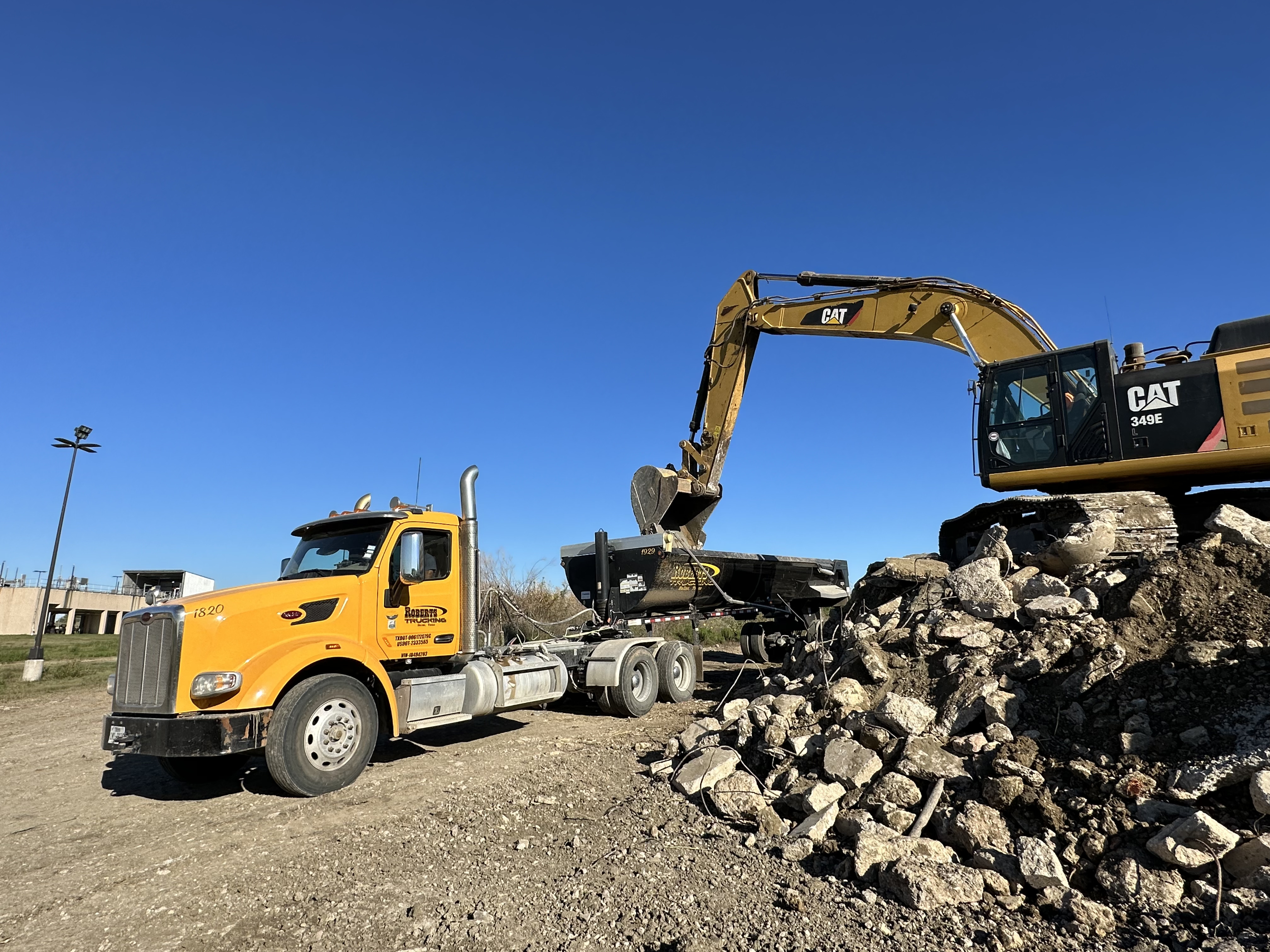
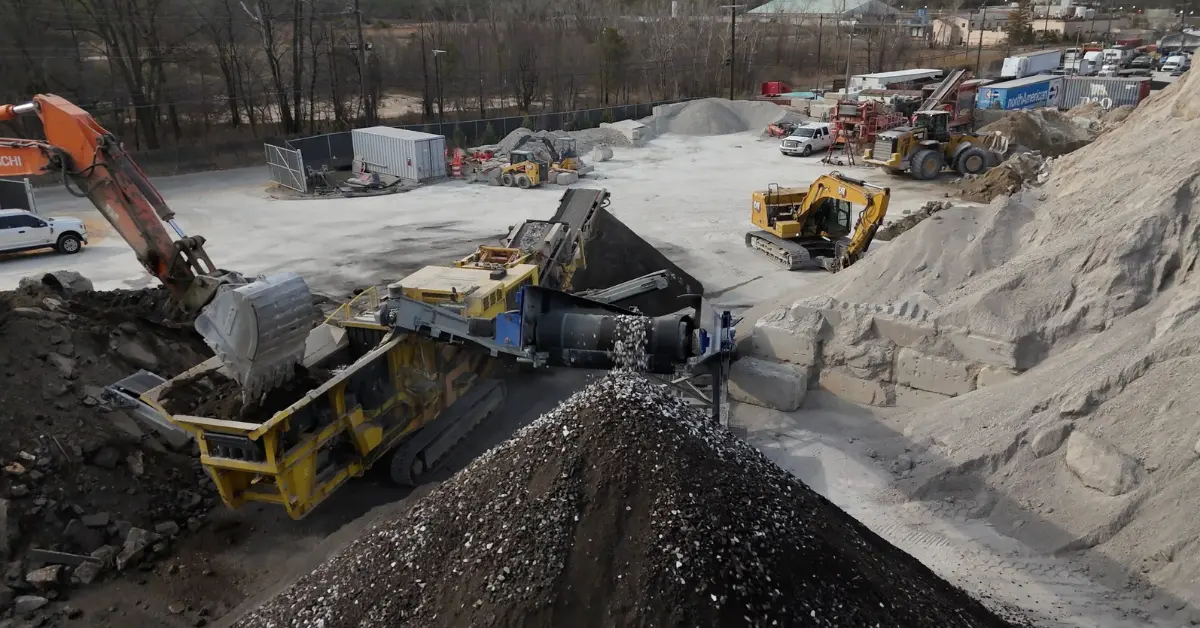
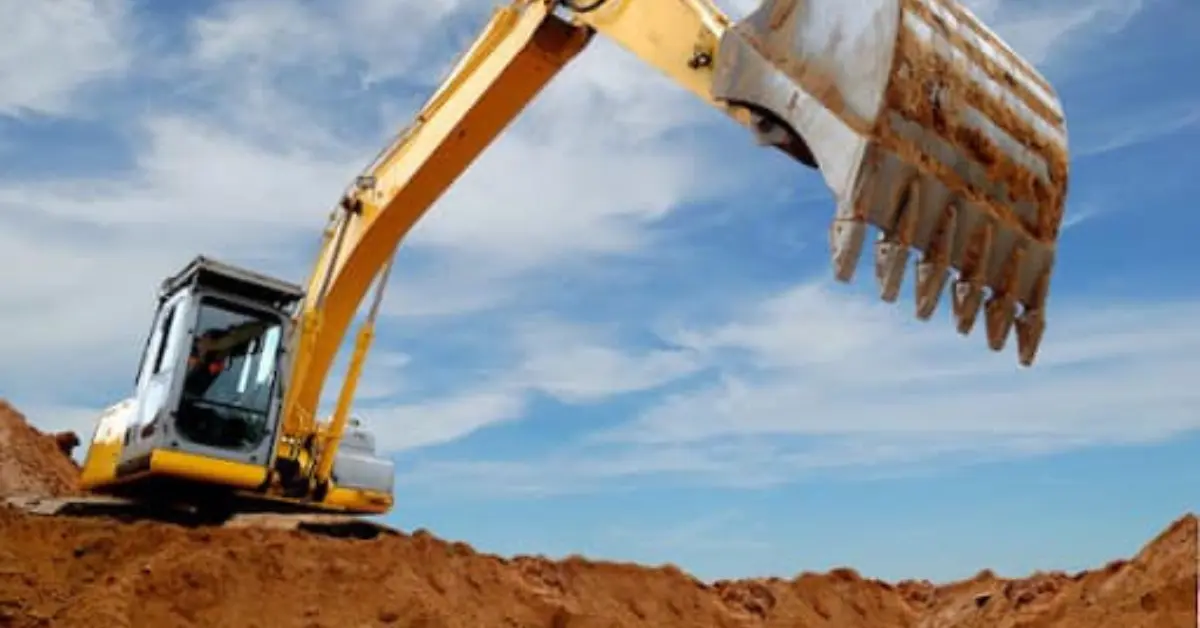
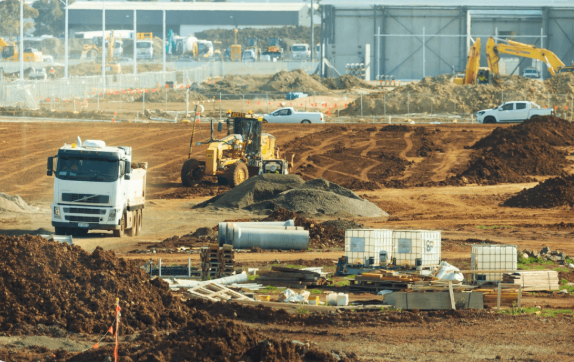
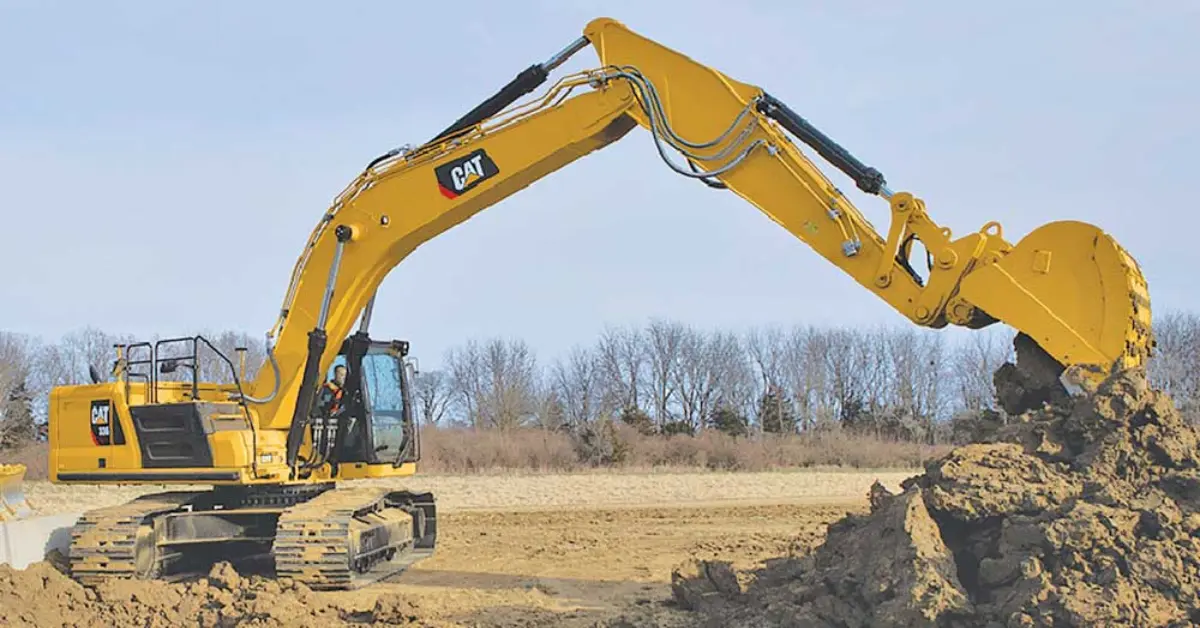
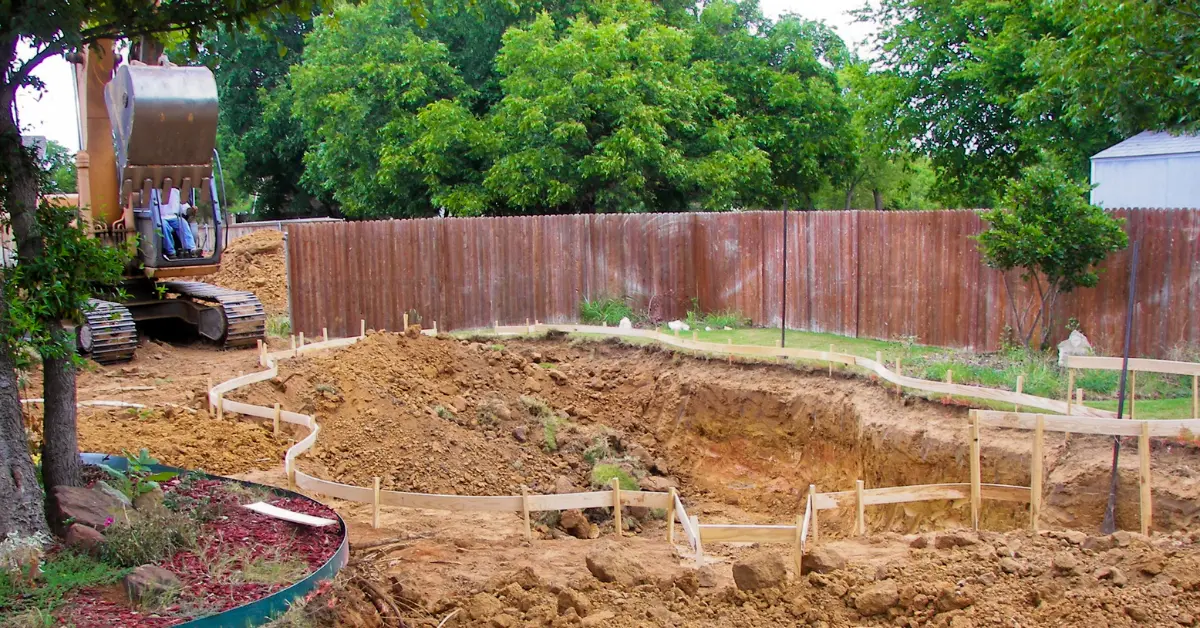
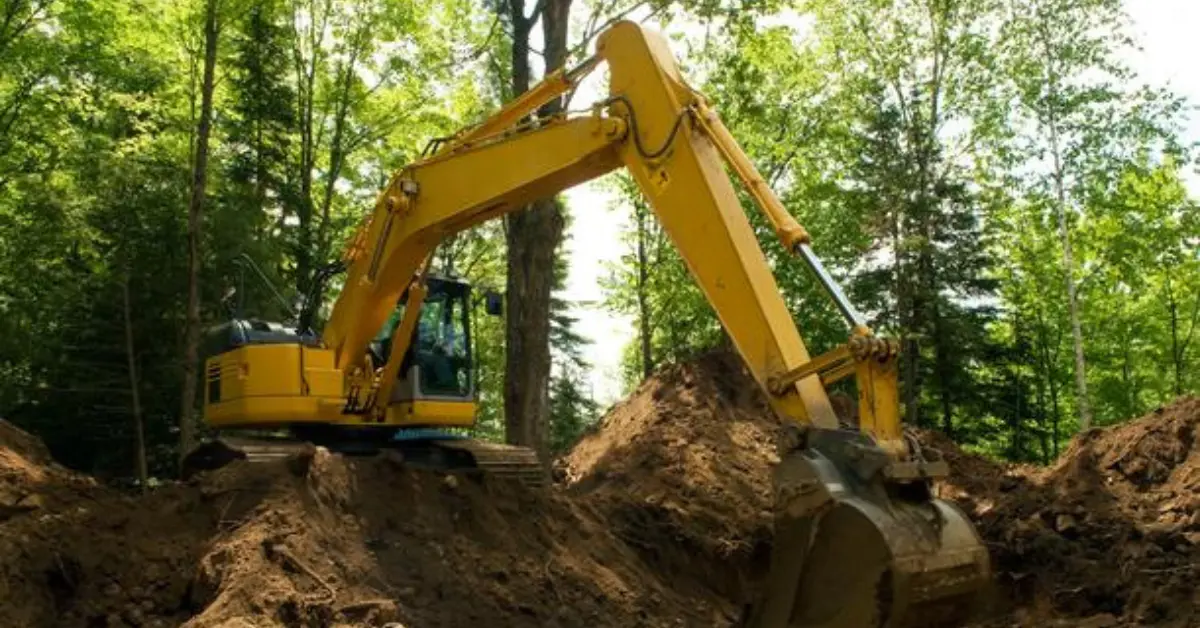
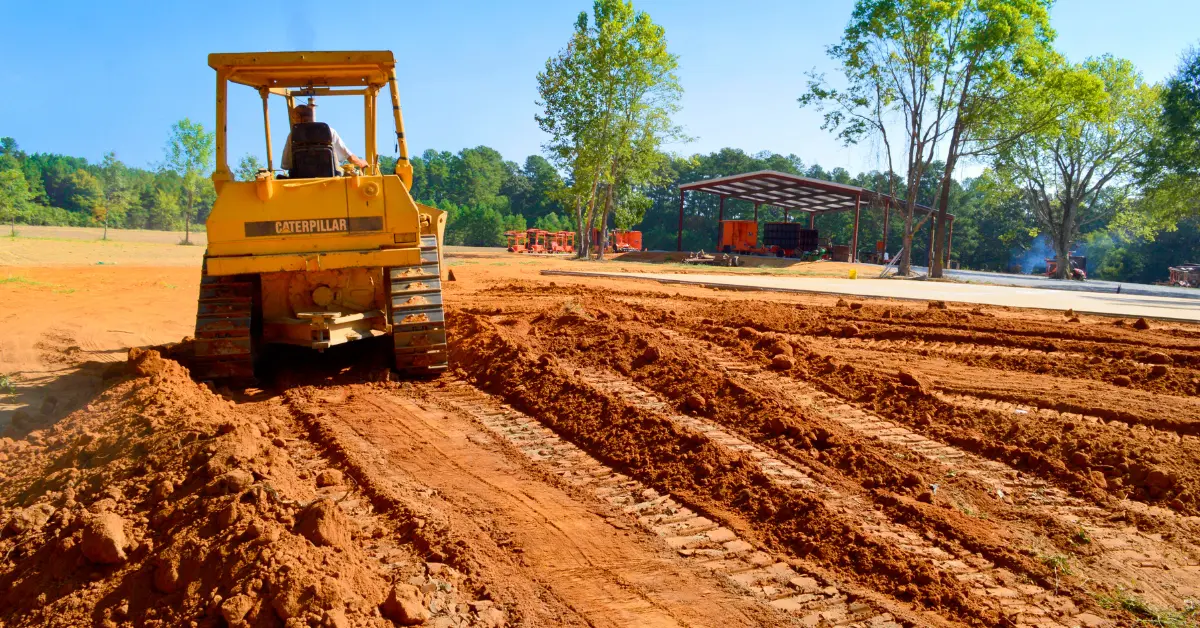
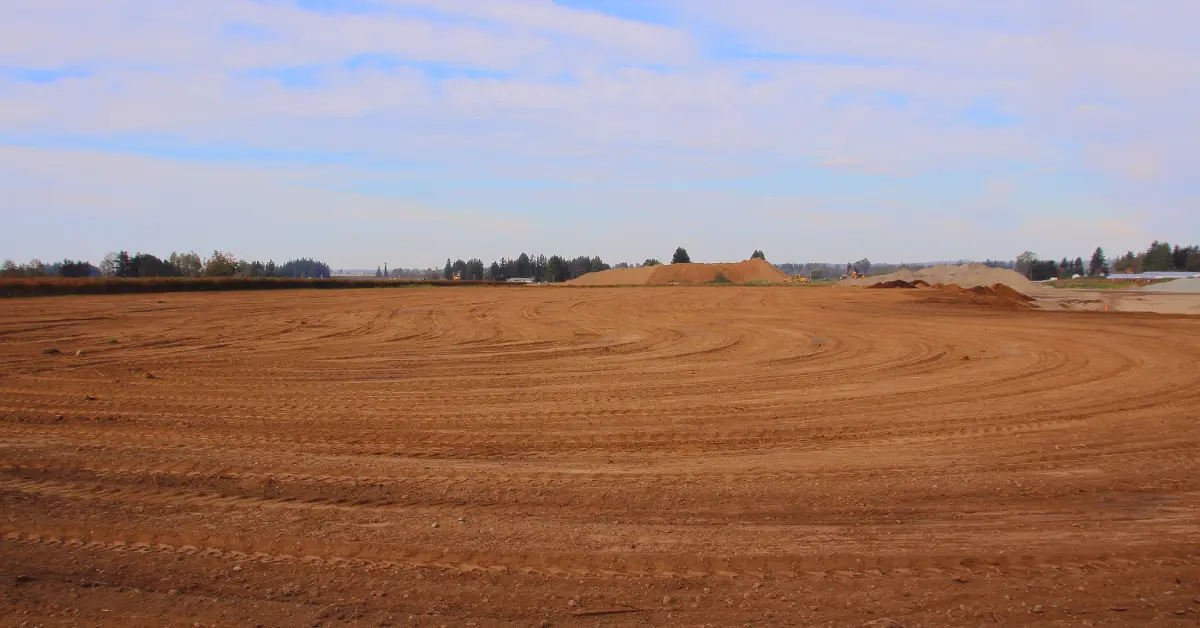



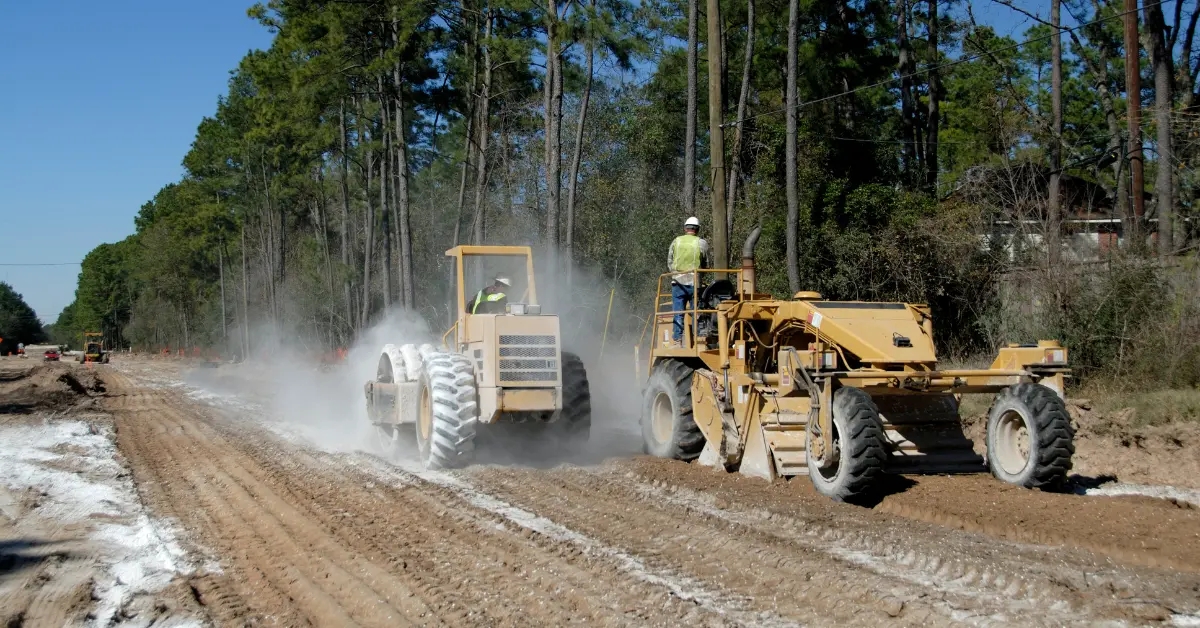




.jpg)












































